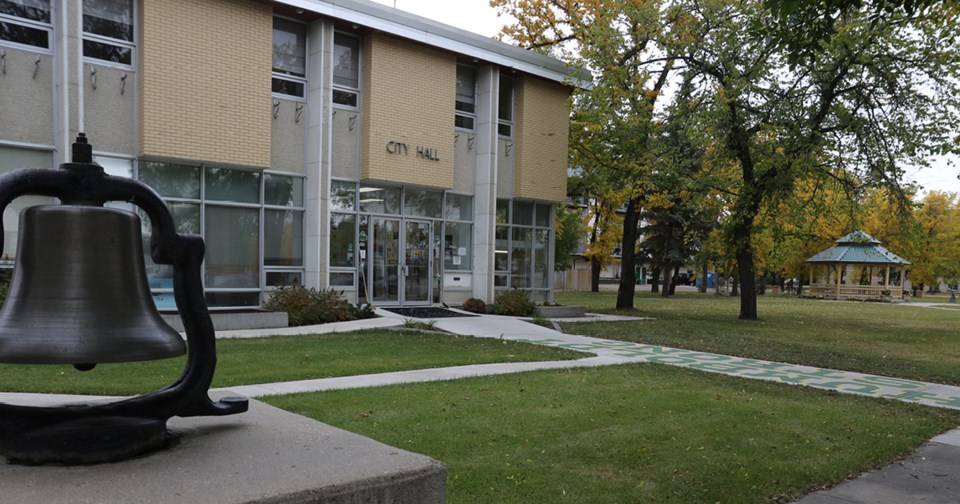It took longer than expected, but in the end, a third-party auditor said the numbers in the city’s 2017 financial documents accurately reflects its position.
Joe Day, the city’s administrator, said the audit was delayed because the firm that looked at the numbers in 2017, MNP, is different than the one that examined the numbers in 2016, Ernst and Young.
“A lot of the reasons for the delay was that MNP found there were a lot of 2017 opening balances that they didn’t think made as much sense as they were hoping,” he said, “so they actually went back a couple of years to try and understand some of the account balances over a four-year period as opposed to an one-year period.”
Every five years, the city puts out a request for proposal that allows accounting firms to bid to provide auditing services. MNP was the successful bidder.
“We hope that we’ve cleaned up a lot and made sure that our auditors and our own management understand better where our opening balances are and we anticipate it to go much quicker next year,” Day said.
In terms of the numbers, the city received $15.7 million in revenues, higher than the $15.2 million predicted in the 2017 budget as the city received more taxes and grants than expected. For expenses, the city spent $13.8 million, higher than the $12.1 million expected in the budget.
When non-monetary items are stripped away, the city had a surplus of $1.6 million in 2017. Yet that’s not quite the number that the city would have in the bank from that year, as that figure includes items like accounts receivable.
Day said his staff would be providing council will a report that explains how much cash the surplus generated.
“Council decides whether to put any amounts to dedicated reserves or dedicated projects,” he said. “Otherwise it will remain in our unallocated surpluses, which basically means cash in the bank that’s available for any purpose.”
The city has no policy that dictates where the surplus goes. Other cities do have such policies, like Melfort, which has 50 per cent of the surplus go towards facility maintenance and the other half go to a fund for special projects.



